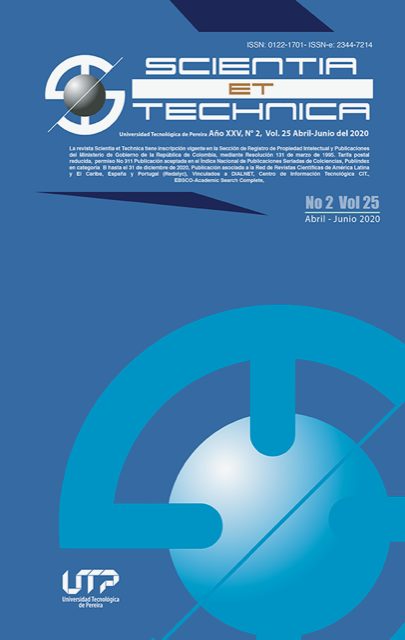Incentive-based demand response: Case study
DOI:
https://doi.org/10.22517/23447214.22701Keywords:
Agregador, Incentivos, Optimización, Precio de escasez, Respuesta de la demanda (RD).Abstract
The present article discusses the development of a demand response system on a residential setting given that the proper management of energy resources by users can solve scarcity and energy reliability issues. The behavior of 1000 residential users is modelled through a peak control program based on economic and energy-related incentives. A demand response (DR) application is used where remuneration depends on scarcity pricing. The case study is shown including a mathematic algorithm and the application. The results obtained with the application exhibit a reduction of energy peaks, which translates into more efficient energy management which in turn is remunerated by scarcity pricing. It is concluded that the incentive-based DR program is viable both energy-wise and financially.
Downloads
Downloads
-
Vistas(Views): 438
- PDF Descargas(Downloads): 367
Published
How to Cite
Issue
Section
License
Copyrights
The journal is free open access. The papers are published under the Creative Commons Attribution / Attribution-NonCommercial-NoDerivatives 4.0 International - CC BY-NC-ND 4.0 license. For this reason, the author or authors of a manuscript accepted for publication will yield all the economic rights to the Universidad Tecnológica of Pereira free of charge, taking into account the following:
In the event that the submitted manuscript is accepted for publication, the authors must grant permission to the journal, in unlimited time, to reproduce, to edit, distribute, exhibit and publish anywhere, either by means printed, electronic, databases, repositories, optical discs, Internet or any other required medium. In all cases, the journal preserves the obligation to respect, the moral rights of the authors, contained in article 30 of Law 23 of 1982 of the Government Colombian.
The transferors using ASSIGNMENT OF PATRIMONIAL RIGHTS letter declare that all the material that is part of the article is entirely free of copyright. Therefore, the authors are responsible for any litigation or related claim to intellectual property rights. They exonerate of all responsibility to the Universidad Tecnológica of Pereira (publishing entity) and the Scientia et Technica journal. Likewise, the authors accept that the work presented will be distributed in free open access, safeguarding copyright under the Creative Commons Attribution / Recognition-NonCommercial-NoDerivatives 4.0 International - https://creativecommons.org/licenses/by-nc-nd/4.0/deed.es license.



